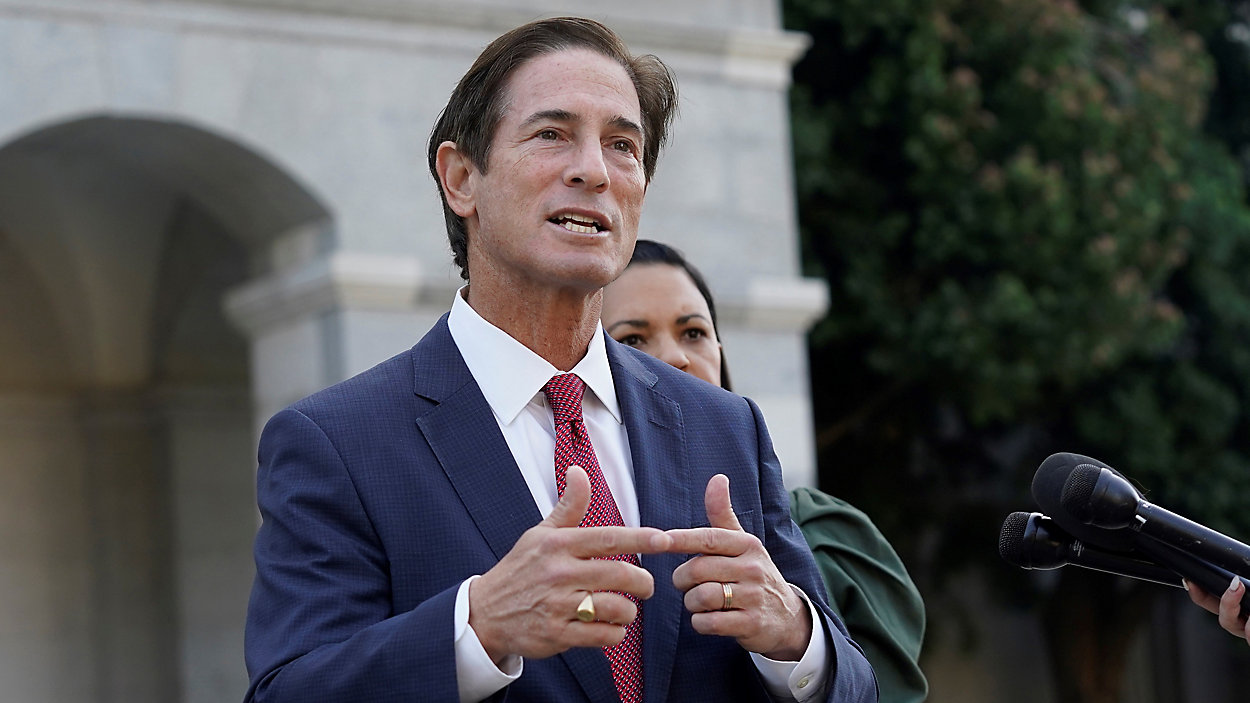From atop the flawed foundation of the Labor Theory of Value, Karl Marx made a series of predictions about capitalism that time has proven incorrect. Among these are the immiseration of the masses due to capital accumulation, chronic overproduction, capitalist-driven imperialism, and the inevitable rise of monopolies.
Immiseration
Even during Marx’s lifetime, capitalism was already improving the material conditions of workers and raising living standards. The Industrial Revolution, along with advancements in technology and productivity, enabled even low-skilled workers to achieve a standard of living once unimaginable to even the wealthiest.
In fact, capitalism has delivered many of the promises socialism once made. Marx envisioned a future where the working class would achieve prosperity, leisure, and cultural development—goals largely realized under capitalist systems. Today, workers enjoy higher real wages, shorter workweeks, better working conditions, and greater access to healthcare and education than at any time in history. Innovations once considered luxuries—such as indoor plumbing, refrigeration, and instant global communication—are now standard for much of the world’s population.
Capital Equipment
Marx believed that new technology:
Eliminated jobs and forced workers into lower-wage positions. He theorized that automation would create a permanent “industrial reserve army” of unemployed workers, driving wages down.Reduced workers to mere machine operators. He argued that specialization and mechanization would strip workers of their skills and bargaining power.Extracted more work in less time. He feared that capitalists would use technology to increase profits by lengthening shifts, reducing breaks, and intensifying production speeds.
Instead, technology has increased workers’ productivity, making them more valuable to employers, who, in turn, offer higher wages to attract and retain them. While some jobs have been eliminated, new industries and occupations have emerged, often requiring higher skill levels. Factory workers today perform fewer menial tasks and more complex functions, such as CNC (computer numerical control) machine programming, maintenance, and oversight of automated systems.
Rather than longer workdays, the average time on the job has significantly declined. In Marx’s time, factory workers commonly labored 60-80 hours per week. Today, most industrialized nations have 35-40-hour workweeks, and benefits like paid time off, sick leave, and retirement plans are widespread. Moreover, automation has largely eliminated the most dangerous and physically punishing tasks.
Marx saw economic progress as a zero-sum game, where capitalists’ gains necessarily meant workers’ losses. Instead, technological advancements have expanded economic output, creating new industries, higher wages, and improved working conditions.
Overproduction
Marx claimed that capitalist employers would suppress wages to the point that workers couldn’t afford to buy the goods they produced, leading to unsold inventory and economic collapse. But workers are never expected to buy everything they produce in any economic system.
Consider a cobbler in medieval Europe who made 30 pairs of shoes per month. He couldn’t possibly purchase all of them—he had to sell them to buy food, clothing, and materials for more shoes. But the shoe market didn’t collapse because demand wasn’t limited to cobblers—other people needed shoes too.
Similarly, in modern economies, businesses don’t rely solely on their employees as customers; they sell to a broad market that includes domestic and international consumers. Capitalism has consistently overcome supply-demand imbalances through pricing mechanisms, market expansion, and innovation.
Imperialism
Marx believed capitalists profited by extracting “surplus value” from workers—paying them less than the value of their production. He argued that as automation and competition reduced profit margins, capitalists would exploit workers by cutting wages or increasing working hours, and seek new sources of cheap labor, ultimately resorting to conquest to sustain profits.
This prediction failed on multiple fronts. First, workers’ ability to switch jobs, negotiate higher wages, or start businesses prevents employers from driving wages to subsistence levels, though the same cannot be said for Marxist-Leninist societies in which the state is the only employer.
Second, trade—not conquest—has proven to be the more effective path to economic expansion. As Adam Smith noted in The Wealth of Nations, war and colonization are more costly and less productive and profitable than is voluntary exchange. The reason why war and imperialism correlates with capitalism is because the state—allied with crony capitalists—expands off of the wealth from capitalism.
Finally, capitalism fosters innovation, creating new markets and industries. Economic growth has come not from territorial expansion but from developing new goods, services, and business models that increase wealth across society.
Monopoly
Marx predicted that competition would inevitably drive smaller firms out of business, leaving only a handful of monopolies powerful enough to suppress wages, control prices, and stifle innovation.
While monopolies do arise, they are typically short-lived in competitive markets. Whenever an entrepreneur introduces a new product or service, he may temporarily enjoy a dominant market position, but competitors soon emerge if the government does not prevent market entry. In fact, this situation does not technically describe a monopoly since monopolies involve legal privileging of politically-connected firms by the state.
Furthermore, as companies grow too large, they often face diseconomies of scale—inefficiencies that increase costs and reduce agility. Bureaucracy, slow decision-making, and organizational complexity often weaken large firms, opening opportunities for smaller, more innovative competitors.
Ultimately, government intervention, rather than free markets, has been the primary enabler of enduring monopolies. Regulations, subsidies, and licensing requirements frequently serve to protect established firms from competition.
Conclusion
Karl Marx’s predictions about capitalism have consistently failed. Instead of immiseration, capitalism has increased living standards. Instead of job destruction, technology has created new industries and opportunities. Instead of economic collapse due to overproduction, global trade has flourished. Instead of conquest, capitalism has fostered economic expansion through voluntary exchange. And instead of monopolistic stagnation, competition and innovation continue to drive economic progress, despite the intervention of political states.
Marx’s economic forecasts were not just incorrect but fundamentally flawed. Capitalism, despite its imperfections, has outperformed Marx’s vision by delivering prosperity on an unprecedented scale.

























